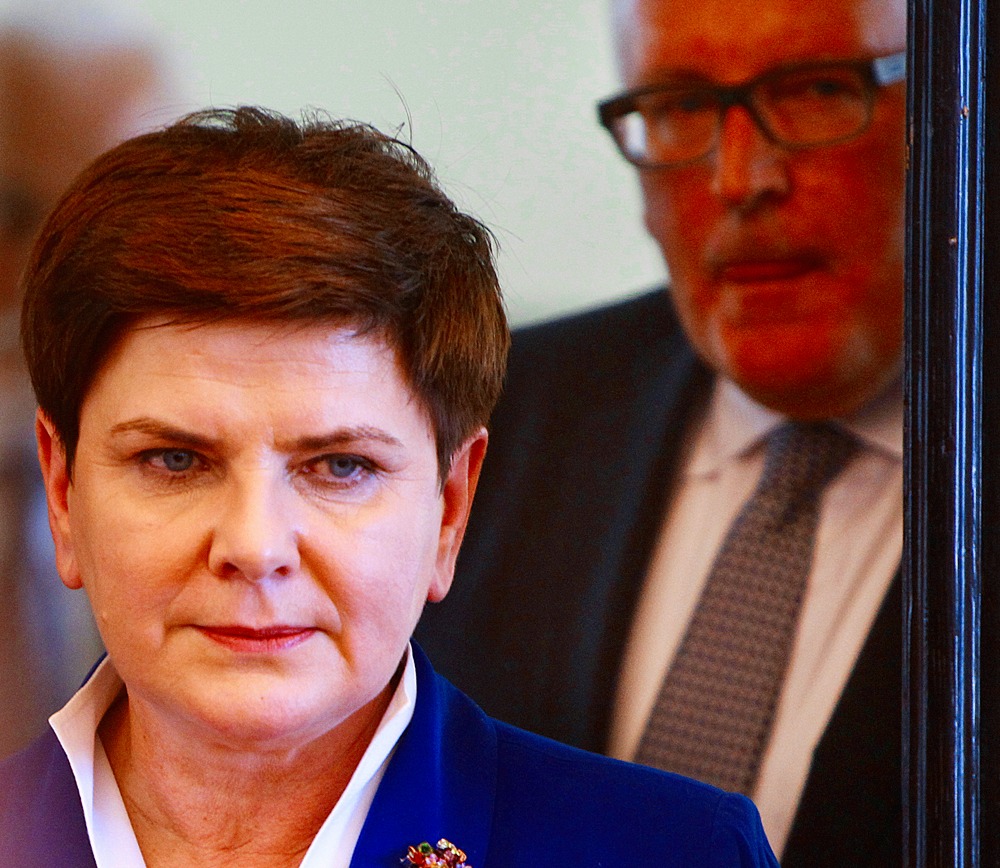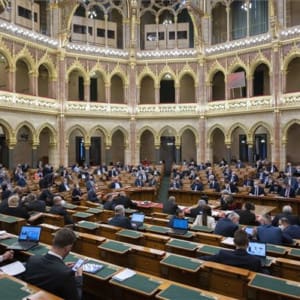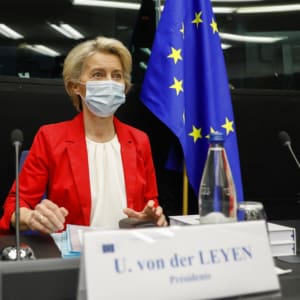In July 2021, the European Commission presented the ‘Fit for 55’ project, which is meant to adjust the European Union to the more ambitious climate goals. The changes will concern several different areas, including a number of new rules for renewable energy sources, taxes, new emission limits for cars, and the introduction of emission permits to new sectors in the EU trade system.
EU Commissioner Frans Timmermans is the face of the new project and has been one of its most vocal supporters.
The plan, however, has its critics. Former Polish Prime Minister and current Law and Justice (PiS) MEP Beata Szydło heavily criticized the Fit for 55 project in the most recent European Parliament deliberation over the issue.
She admitted that while caring for the climate was important, the plan proposed by Timmermans entailed gigantic and unjustified social and economic costs.
“The project prepared by the commissioner is extremely controversial, and this is clear in basically every speech given in this room. On one hand, we have a noble goal — to protect the climate and the future of our planet — and this is most definitely one of the greatest challenges ahead of us,” she said. Szydło noted, however, that on the other hand this goal was to be achieved “by degrading the European economy, losing workplaces, sky-high growth in poverty for millions of Europeans, and the degradation of entire regions.”
She stressed that if the goals of the project were achieved through such costs, then it would not improve the lives of Europeans and not ensure a good future for the inhabitants of Europe and the rest of the world.
Instead, it would lead to the worsening of their conditions.
“If we are not certain what this is all about, then it is usually about money. Therefore, we should ask ourselves the question about who stands to profit from this and who will lose out,” Szydło said.
Title image: Beata Szydło pictured with Frans Timmermans in Warsaw in 2016. (AP Images)





